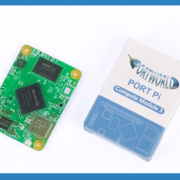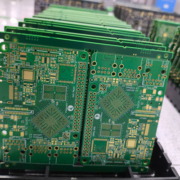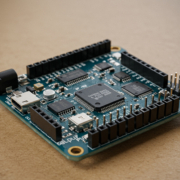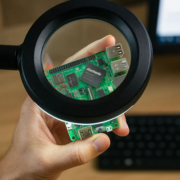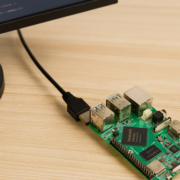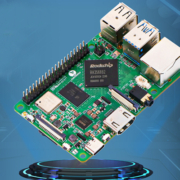Dev Board Beginner’s Guide: Start Your Embedded Development Journey
In a world driven by smart devices, sensors, and automation, embedded development has become one of the most exciting and rewarding paths for makers, engineers, and innovators. At the heart of this journey lies a critical tool: the development board, often called a “dev board.”
Whether you’re a hobbyist dreaming of building your first IoT device or a student exploring the world of microcontrollers, this guide will help you take your first step with confidence.
Top Contender: Raspberry Pi
Among all the development boards available, Raspberry Pi remains the most popular and widely adopted by developers, educators, and businesses.
Why Raspberry Pi?
- Affordable and accessible for beginners and professionals
- Supports full Linux OS (usually Raspberry Pi OS based on Debian)
- Strong community and ecosystem
- Multiple interfaces: GPIO, HDMI, USB, Ethernet, Camera/Display ports
- Great for learning, prototyping, and even commercial deployment
Popular Models:
- Raspberry Pi 4 Model B (1GB/2GB/4GB/8GB RAM options)
- Raspberry Pi 3 Model B+
- Raspberry Pi Zero 2 W (compact and cost-effective)
Use Cases:
- DIY smart home systems
- AI and machine learning on the edge
- Media centers
- Industrial automation
- Educational platforms
Other Popular Development Boards
While Raspberry Pi leads the way, other powerful development boards are also widely used depending on the application:
1. Arduino (Uno, Mega, Nano)
- Best for: Beginners, students, hardware control
- Strength: Simple C/C++ programming for sensor and actuator control
- Limitation: No full OS; limited computing power
2. ESP32 (by Espressif)
- Best for: IoT and wireless applications
- Strengths: Built-in Wi-Fi + Bluetooth, low power, dual-core
- Programming: Arduino IDE, MicroPython, ESP-IDF
3. BeagleBone Black
- Best for: Industrial use, real-time processing
- OS Support: Linux (Debian-based), strong GPIO performance
4. NVIDIA Jetson Nano
- Best for: AI and machine learning projects
- Strengths: GPU-powered, supports TensorFlow, PyTorch, ROS
- Use Case: Vision systems, robotics, autonomous devices
5. Portworld RK3566/RK3568 Boards
- Best for: Commercial embedded system development
- Features: Powerful ARM Cortex-A55 SoC, supports Android/Linux, PoE, Wi-Fi, RS485, and more
- Use Case: Smart home panels, POS terminals, digital signage, access control
- Advantages: Customizable for OEM/ODM projects with full software BSP support
📌 Example: Portworld P6802 (RK3568-based board) and YC-P6602 (RK3566 board) are popular among businesses needing high-performance, customizable Android/Linux solutions.


